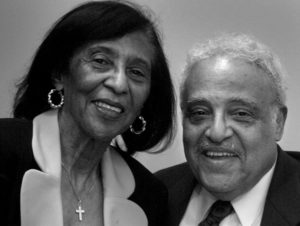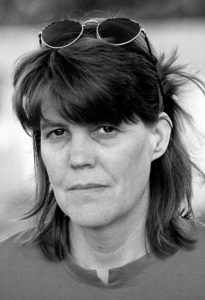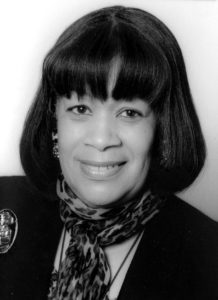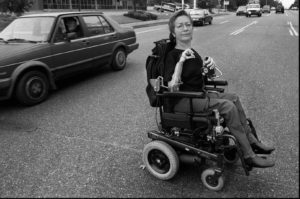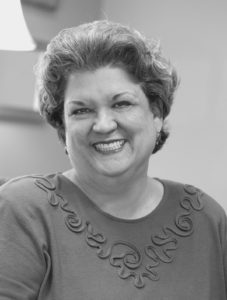Women of Achievement
1997
HERITAGE
for a woman whose achievements still enrich our lives:
Sara Roberta Church
Sara Roberta Church was a pioneer in social justice and political activism. With unstinting dedication, she worked to advance women’s leadership positions in local and national politics. With her aunts, Mary Church Terrell and Annette E. Church, Roberta Church was a champion of women’s rights.
In the fall of 1940, when it appeared the Republican candidate, Wendell Wilkie, might defeat President Franklin D. Roosevelt, the E. H. Crump organization moved to eliminate her father, Robert R. Church Jr., as a Republican political leader. They seized his property, including his home and office, allegedly for taxes. Church, campaigning in Pennsylvania, never returned to reside in Memphis. He spent much of his remaining life in Chicago and Washington.
After her father’s death in 1952, Roberta returned to Memphis. Despite her family’s enemies, she ran for public office, replacing her father on the ballot. She became the first African-American woman to be elected to the Republican State Executive Committee.
In 1953, following the election of President Dwight D. Eisenhower, Roberta was appointed Minority Groups Consultant in the Department of Labor. Her position as an African-American woman negotiating with company officials over fair employment practices required unusual skill and diplomacy. Roberta later accepted a career appointment with the Department of Health, Education and Welfare working as a consultant with the Rehabilitation Services Administration. In 1970, President Richard M. Nixon appointed Roberta Church to the President’s Advisory Council on Adult Education.
The author of many professional articles, Roberta wrote, with Annette E. Church, a family history, The Robert R. Churches American Memphians. Recognizing the dearth of historical materials on African-American Memphians, she and Ronald A. Walter wrote Nineteenth Century Memphis Families of Color, 1850-1900. Her last published works were Facts About Beale Street, 1849-1870 and Occupations of Women, 1855-1870.
Ebony magazine recognized Roberta in a feature story. Alpha Phi Alpha Fraternity presented her with a certificate of merit for promoting job opportunities for minority youth. The Association for the Study of Afro-American Life and History selected her to be honored during Black History Month. She was included in the first edition of Who’s Who in American Women and was cited for high-quality performance of duties by the federal government.
Roberta Church loved Memphis deeply and returned to her home community following retirement. Her interest in local history involved active work in the Shelby County Historical Commission, especially the preservation of Church Park, at one time the largest park and entertainment center for African-Americans in the South.


